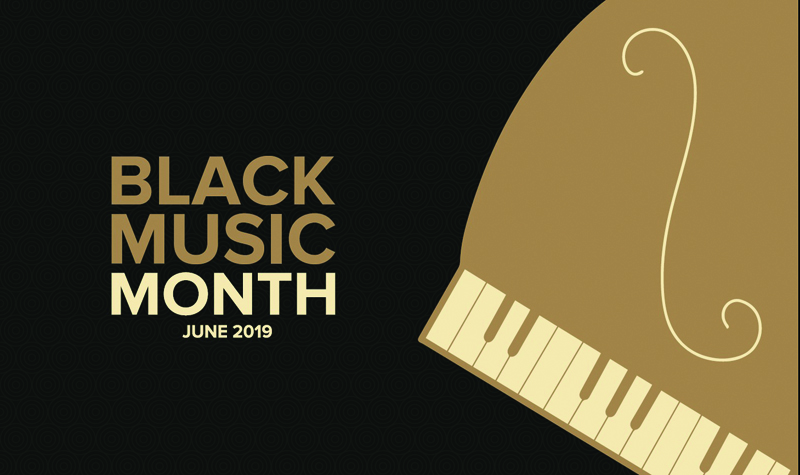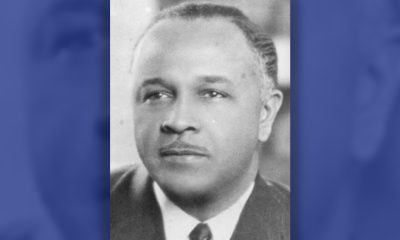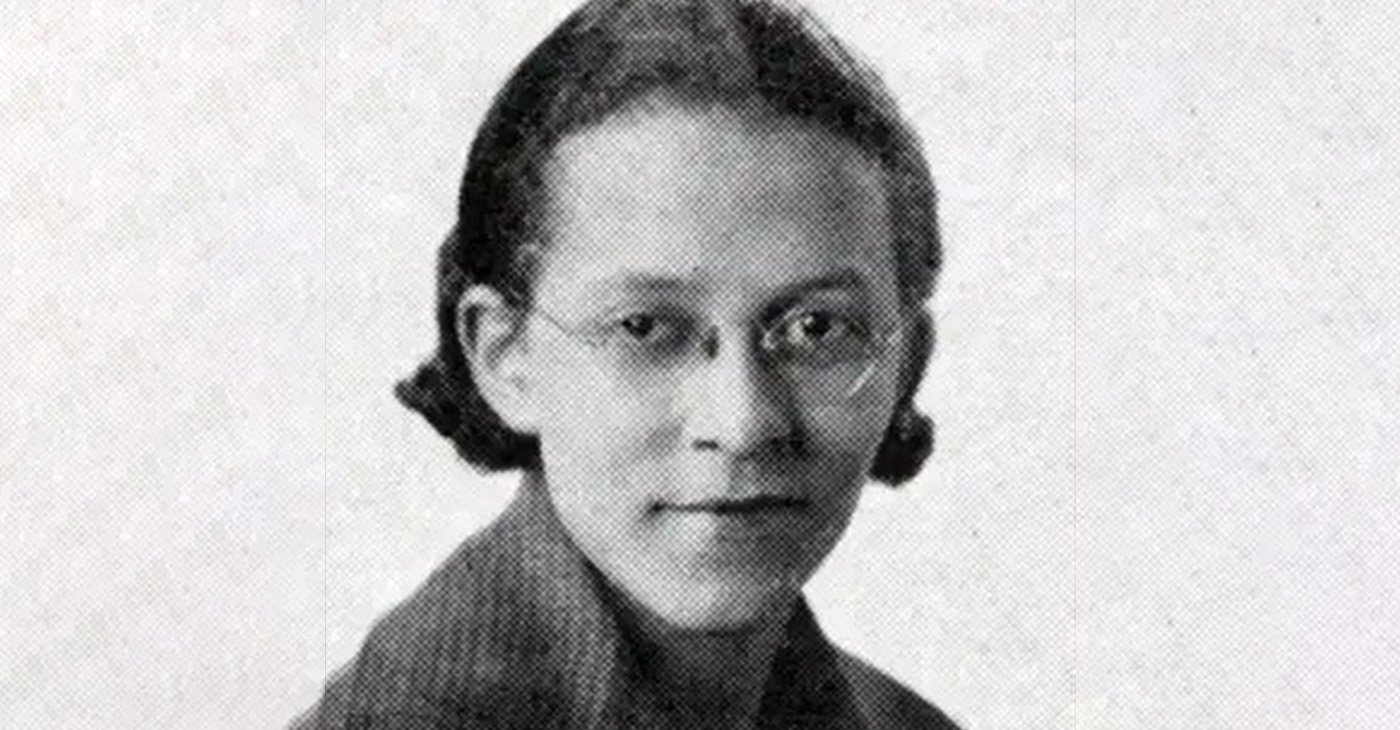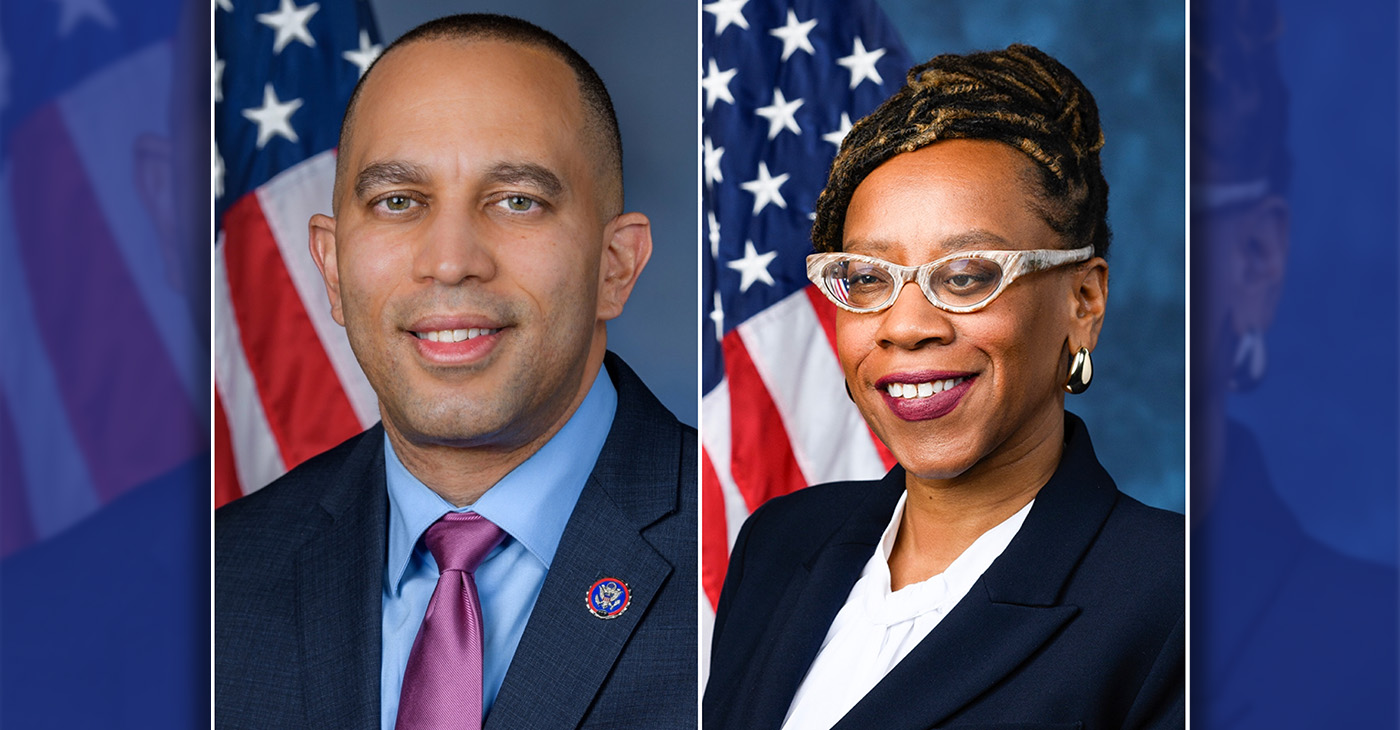
Tamara Shiloh
From African slaves who cultivated their own musical styles, to fiddlers who provided dance music for the Southern white gentry, to the lyrical cries of Black street vendors in 18th-century Philadelphia, to Motown, Black music boasts a storied history.
In 1979, Pres. Jimmy Carter designated June as African American Music Appreciation Month to focus on this rich history and continuing legacy of African-American musicians, singers, and composers whose creative sounds tell the stories of the hardships and triumphs Black people in America experience.
More than 30 years later, Pres. Barack Obama pronounced June as Black Music Month. In his 2016 proclamation, Obama noted that African-American music and musicians have helped the country “to dance, to express our faith through song, to march against injustice, and to defend our country’s enduring promise of freedom and opportunity for all.”
Black music has profoundly influenced the lives of all Americans. It is the sound that continues to bring all cultures together. While there is much focus on the history of rock ‘n’ roll, rhythm and blues, jazz, gospel, hip-hop, and rap, few know that African Americans have also successfully performed classical and concert music.
Joseph Bologne Chevalier de Saint-Georges, considered the first classical composer of African origins, was known as Le Mozart Noir (the Black Mozart). Born in 1745, his career included string quartets, symphonies and concertos. He was a champion fencer, classical composer, virtuoso violinist, and conductor of France’s leading symphony orchestra: Le Concert des Amateurs.
Mozart, at that time, was struggling for professional recognition, resenting Saint-Georges’ success. Reportedly, Mozart not only used one of Saint-Georges’ pieces in his Sinfonia Concertante, but also used his fury to create the evil Black character, Monostatos, in Mozart’s opera The Magic Flute.
According to the Independent, “Saint-Georges was exotic, brilliant, established … close to the Queen … Mozart was not. He led one of the best orchestras in Europe while Mozart’s symphonies received inferior performances … Mozart had every reason to be jealous.”
George Bridgetower (born 1778), an Afro-European virtuoso violinist and composer, is described in the film Immortal Beloved as “the famous virtuoso from Africa.”
In the film, Bridgetower performs Beethoven’s Violin Sonata No. 9 (the “Kreutzer” Sonata), a piece Beethoven formally dedicated to him. The scene recounts their real-life falling-out, which culminated in Beethoven withdrawing his dedication over an off-color remark Bridgetower made about a woman Beethoven knew. Outraged, Beethoven opted instead to name his sonata after French violinist Rodolphe Kreutzer.
Florence Price, born in Arkansas in 1887, was the first African-American woman to, in 1933, have her music performed by a major symphony orchestra. A music critic from the Chicago Daily News heard her work performed by the Chicago Symphony Orchestra and declared it “a faultless work, a work that speaks its own message with restraint and yet with passion
While Black musicians continue to create and influence, their work remains steeped in the long tradition of African-American music.

Tamara Shiloh
Tamara Shiloh has published the first two books in her historical fiction chapter book series,
Just Imagine…What If There Were No Black People in the World is about African American inventors, scientists and other notable Black people in history. The two books are
Jaxon’s Magical Adventure with Black Inventors and Scientists and
Jaxon and Kevin’s Black History Trip Downtown. Tamara Shiloh has also written a book a picture book for Scholastic,
Cameron Teaches Black History, that will be available in June, 2022.
Tamara Shiloh’s other writing experiences include: writing the Black History column for the Post Newspaper in the Bay area, Creator and Instruction of the black History Class for Educators a professional development class for teachers and her non-profit offers a free Black History literacy/STEM/Podcast class for kids 3d – 8th grade which also includes the Let’s Go Learn Reading and Essence and tutorial program. She is also the owner of the Multicultural Bookstore and Gifts, in Richmond, California,
Previously in her early life she was the /Editor-in-Chief of
Desert Diamonds Magazine, highlighting the accomplishments of minority women in Nevada; assisting with the creation, design and writing of a Los Angeles-based, herbal magazine entitled
Herbal Essence; editorial contribution to
Homes of Color; Editor-in-Chief of
Black Insight Magazine, the first digital, interactive magazine for African Americans; profile creations for sports figures on the now defunct PublicFigure.com; newsletters for various businesses and organizations; and her own Las Vegas community newsletter,
Tween Time News, a monthly publication highlighting music entertainment in the various venues of Las Vegas.
She is a member of:
- Society of Children’s Book Writers and Illustrators (SCBWI)
- Richmond Chamber of Commerce
- Point Richmond Business Association
- National Association of Professional Women (NAPW)
- Independent Book Publishers Association (IPBA)
- California Writers Club-Berkeley & Marin
- Richmond CA Kiwanis
- Richmond CA Rotary
- Bay Area Girls Club
Tamara Shiloh, a native of Northern California, has two adult children, one grandson and four great-grand sons. She resides in Point Richmond, CA with her husband, Ernest.
www.multiculturalbookstore.com















































































